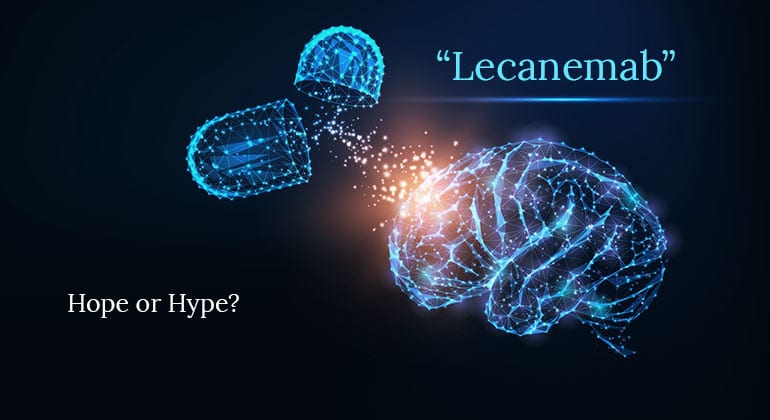Should doctors prescribe Leqembi (lecanemab) to women with early Alzheimer’s Disease? The evidence-based answer is probably No
June 28, 2023//Comments Off on Should doctors prescribe Leqembi (lecanemab) to women with early Alzheimer’s Disease? The evidence-based answer is probably No
 Welcome to a new edition of SharpBrains e‑newsletter, featuring this time a range of interventions for brain/ cognitive/ mental health plus a few brain teasers to test our perception and cognitive skills.
Welcome to a new edition of SharpBrains e‑newsletter, featuring this time a range of interventions for brain/ cognitive/ mental health plus a few brain teasers to test our perception and cognitive skills.
- Huge (and mostly overlooked) red flag regarding newly approved “anti-Alzheimer’s” drugs: “To put it bluntly, if lecanemab doesn’t work in women it would be unethical to supply it to women. Recall this costly immunotherapy comes with substantive risks, including high incidence of ARIA and even death.”
- There’s even a petition circulating among scientists and doctors stating that “As the FDA prepares to determine if it will grant full approval for its widespread use, the available data suggests lecanemab is ineffective and may be harmful, making its use and cost unjustifiable.”
 #3. How the Arts transform our Brains, Bodies, and Minds
#3. How the Arts transform our Brains, Bodies, and Minds
- “The arts can transform you like nothing else.”
- Capabilities > Knowledge
- “Not only could EEG ML predict treatment, but models trained on one therapy could predict the other. Not only could EEG ML predict responders, but it could also identify non-responders.…people for whom neither therapy works.”
- “They provide an alternative way of accessing support, which may be more convenient for some, the National Institute for Health and Care Excellence (NICE) says … NICE will look at the evidence from their use over the next few years to work out how cost-effective they are.”
- “Adults in the intervention group reported significantly greater reductions in ADHD symptoms following treatment than control participants; these differences were maintained at the 3?month follow-up … Further, no adults in the intervention group showed a meaningful increase in symptoms from baseline to follow-up while this happened for over 19% of adults in the control group.”
 Last but not least, a few brain teasers and science tips for adults of any age:
Last but not least, a few brain teasers and science tips for adults of any age:
- #8. Brain teaser to challenge your brain: The Blind Beggar
- #9. Quick brainteaser to test your mental rotation skills
- #10. What are cognitive abilities and how to boost them?
Have a great summer!
About SharpBrains
SHARPBRAINS is an independent think-tank and consulting firm providing services at the frontier of applied neuroscience, health, leadership and innovation.
SHARPBRAINS es un think-tank y consultoría independiente proporcionando servicios para la neurociencia aplicada, salud, liderazgo e innovación.

 #6.
#6. 
